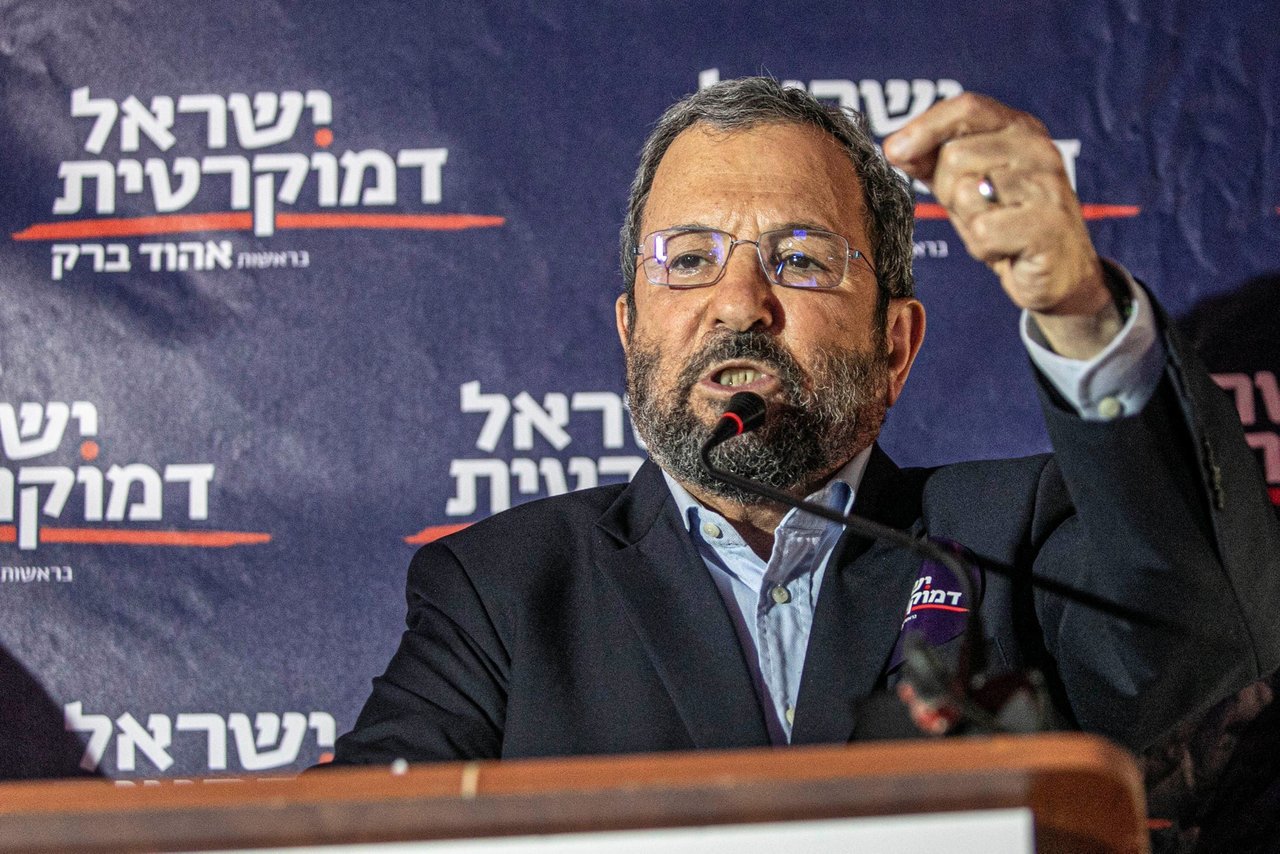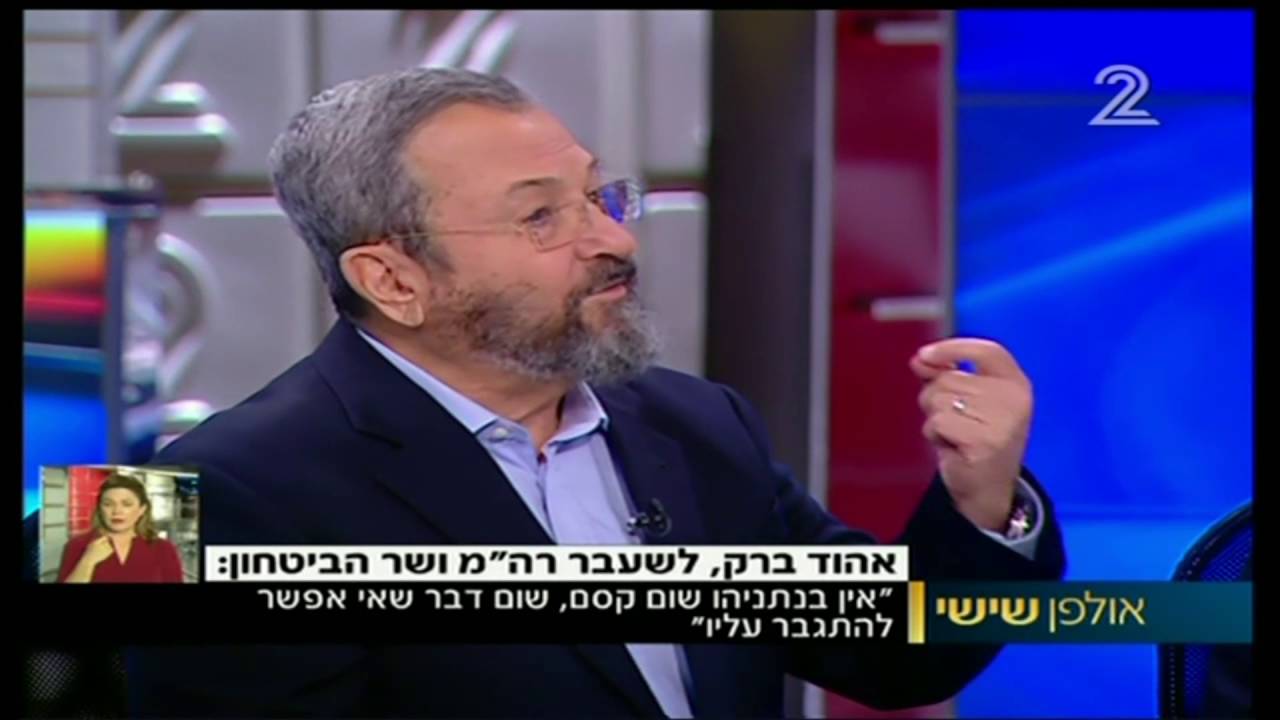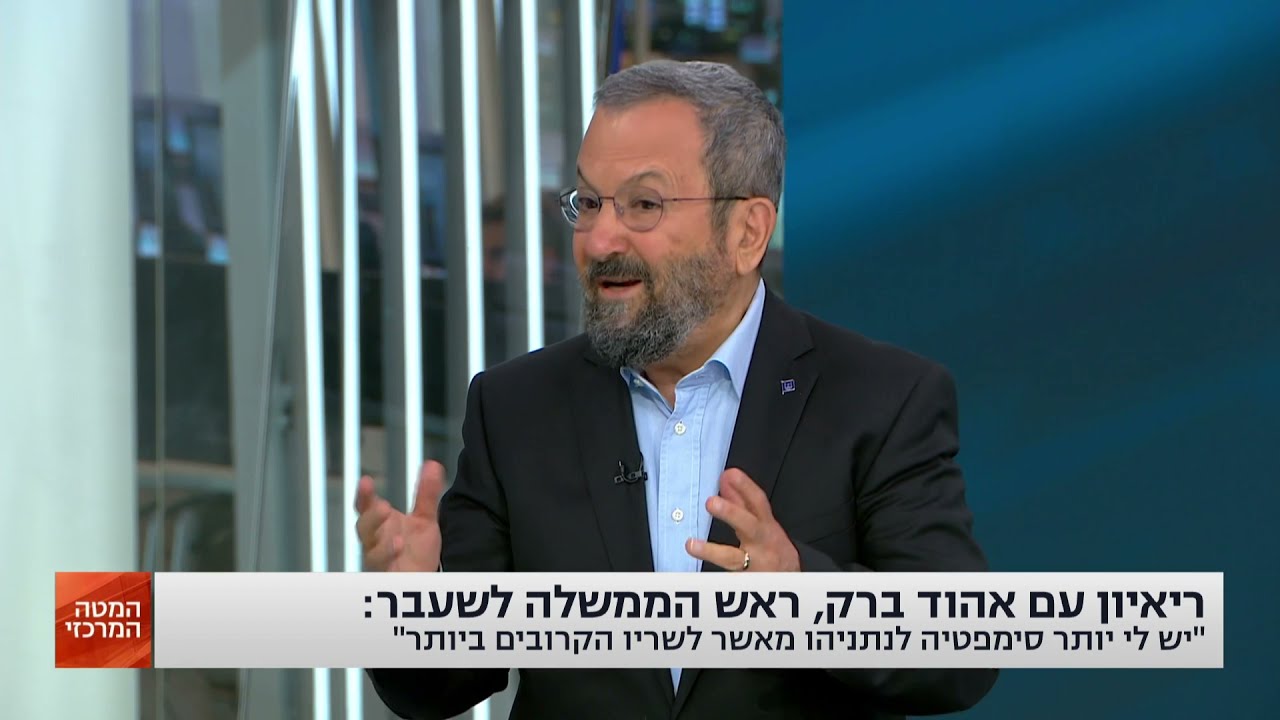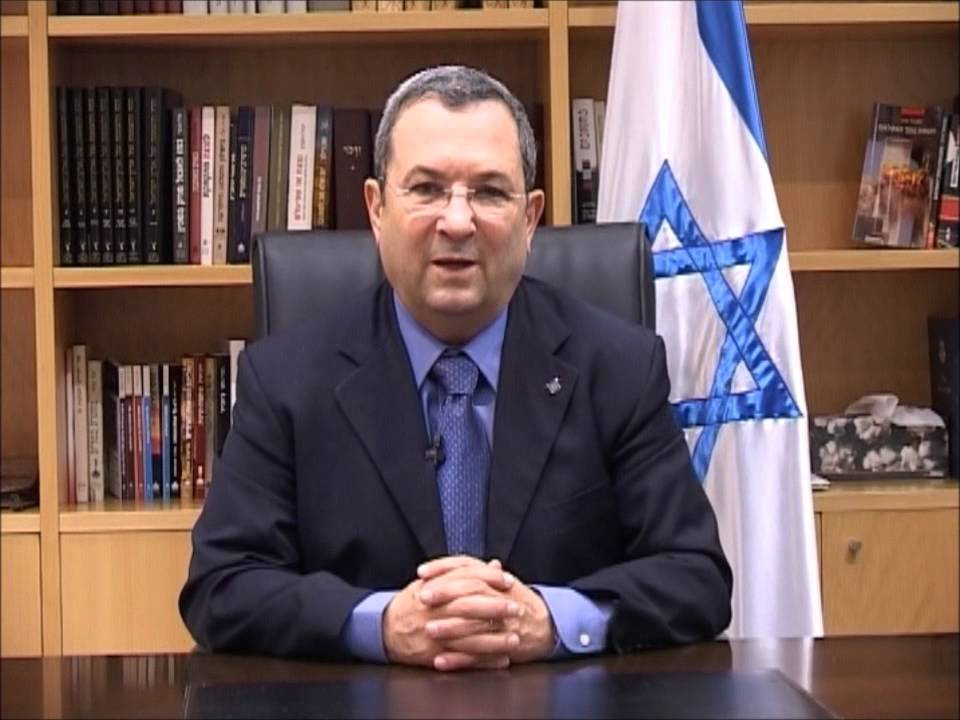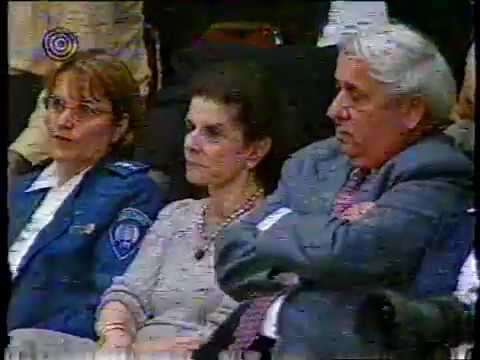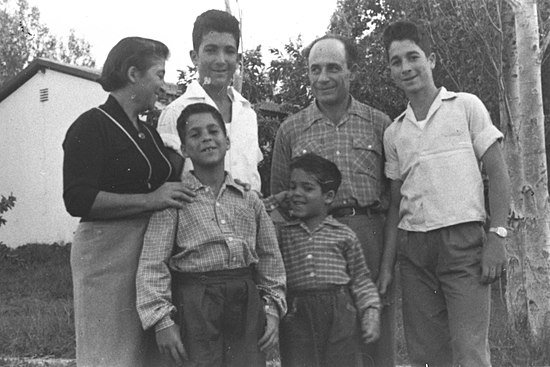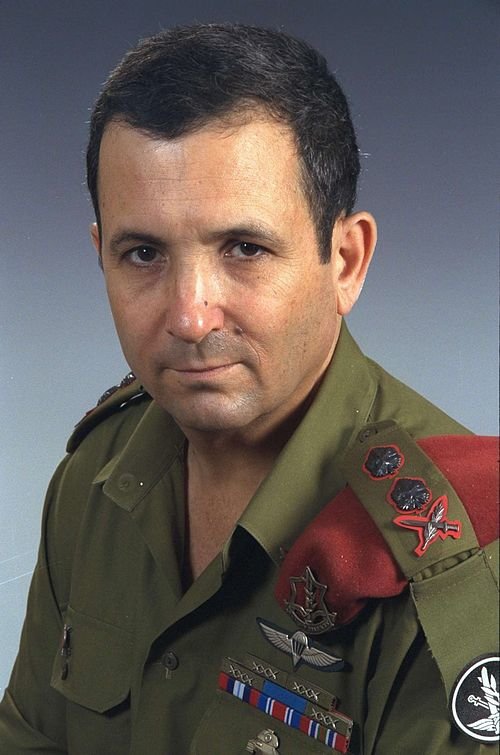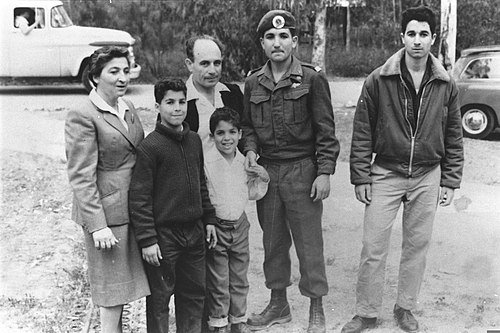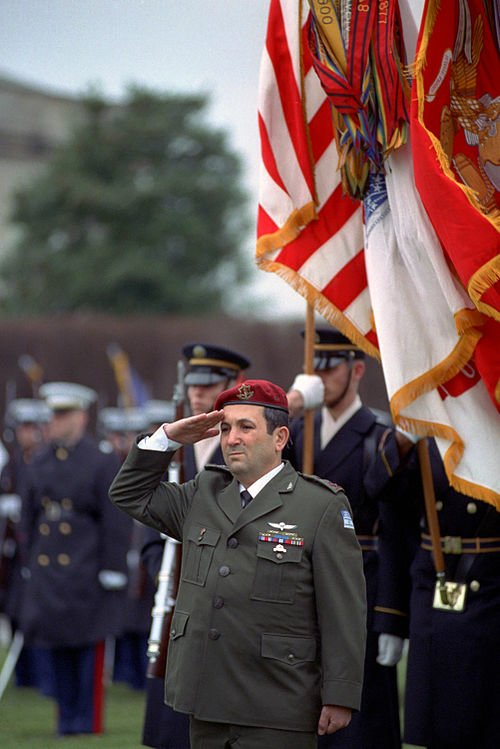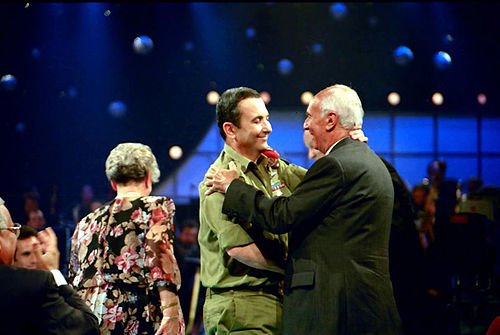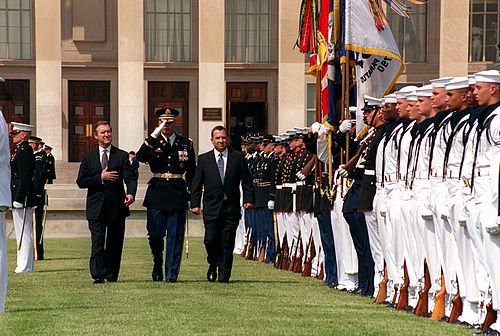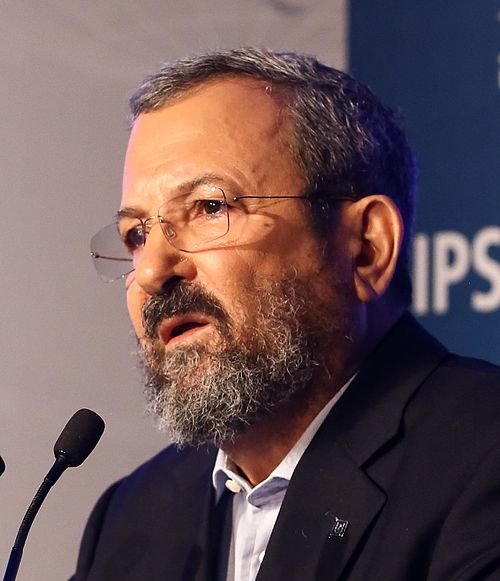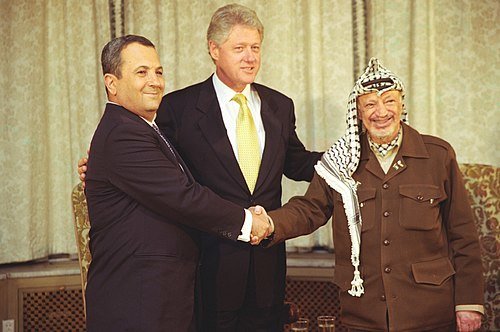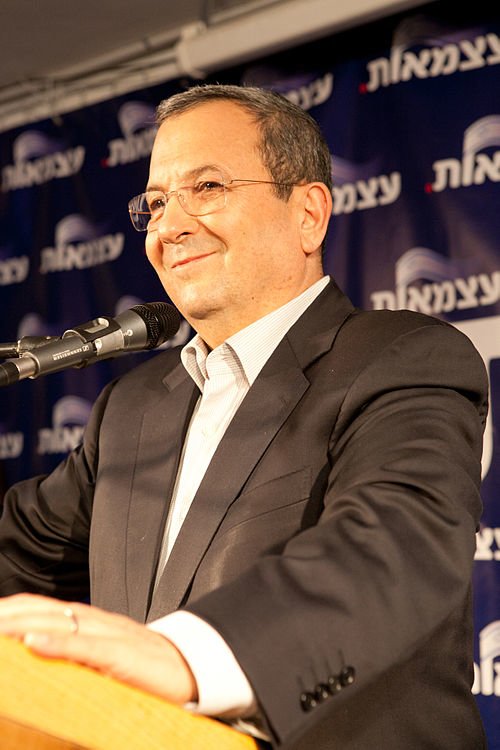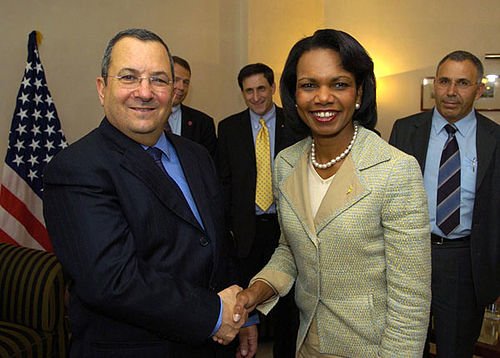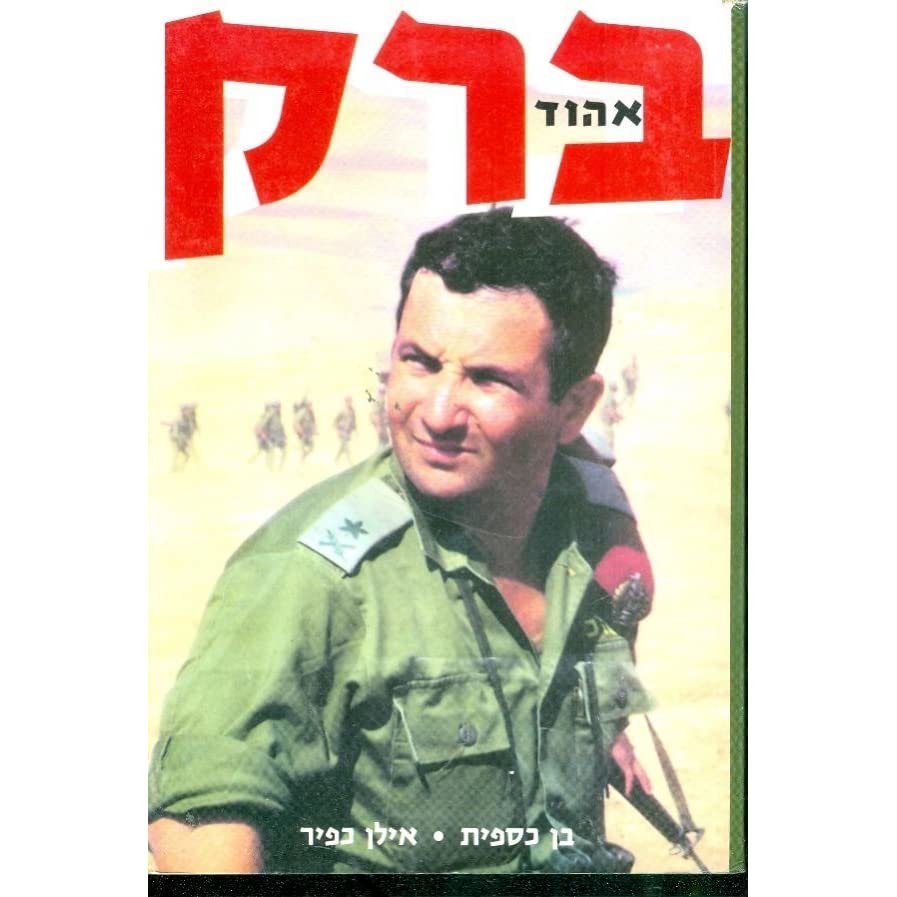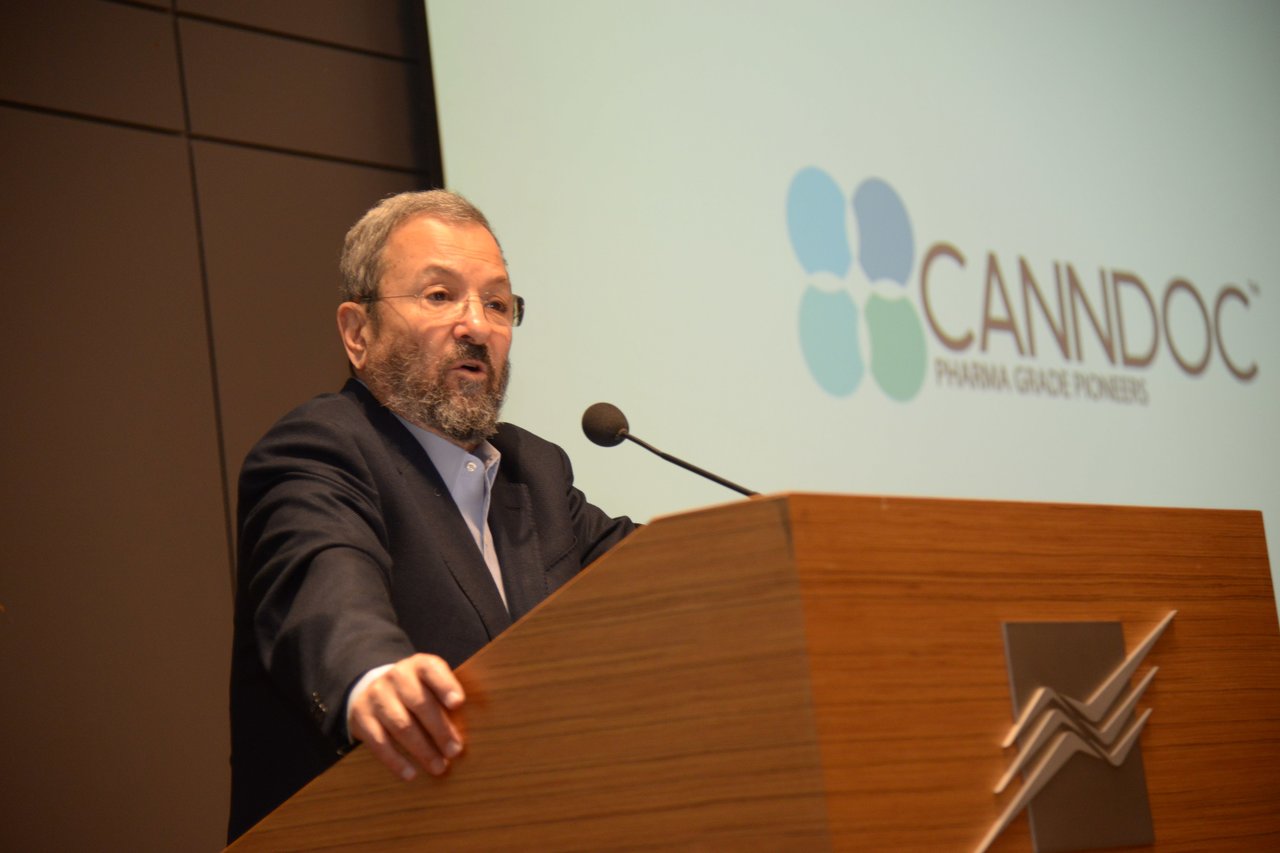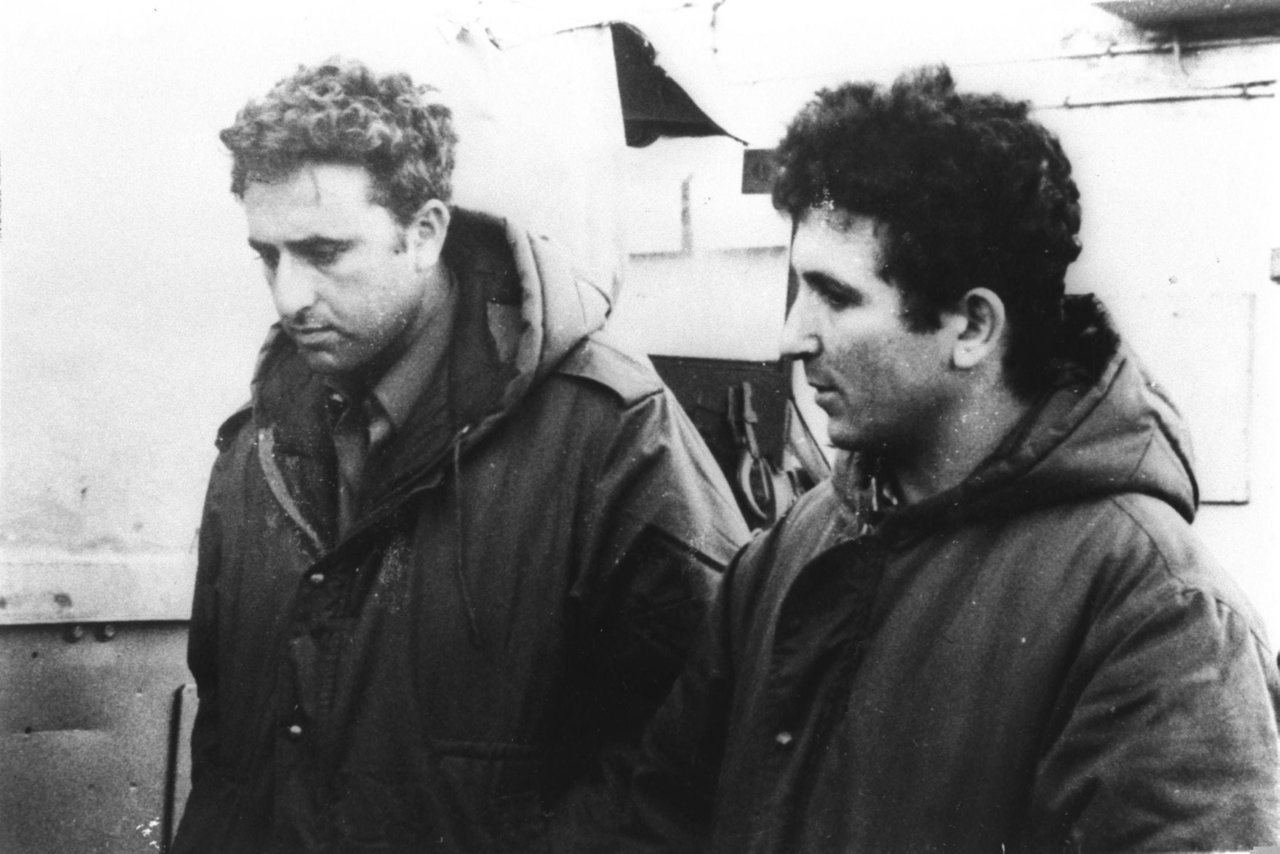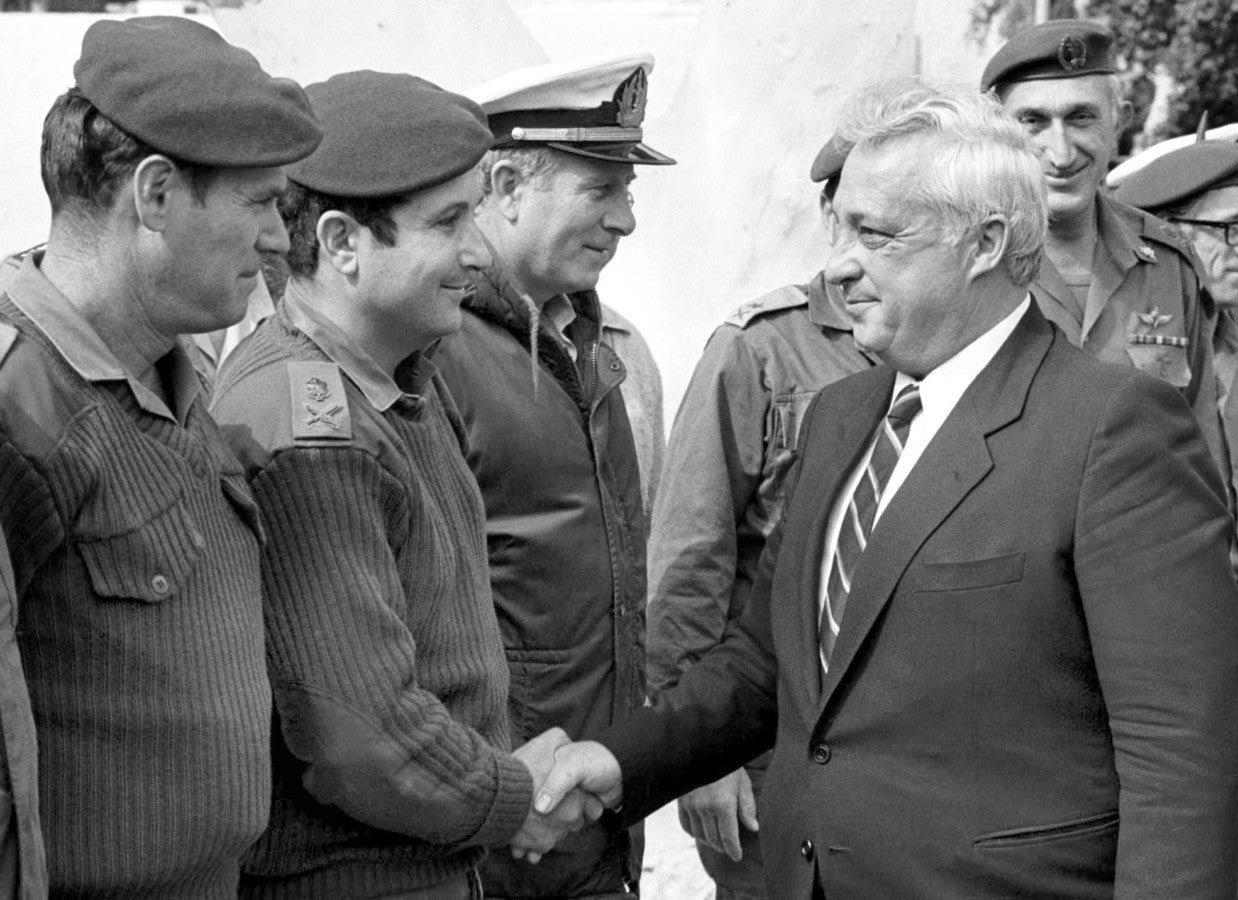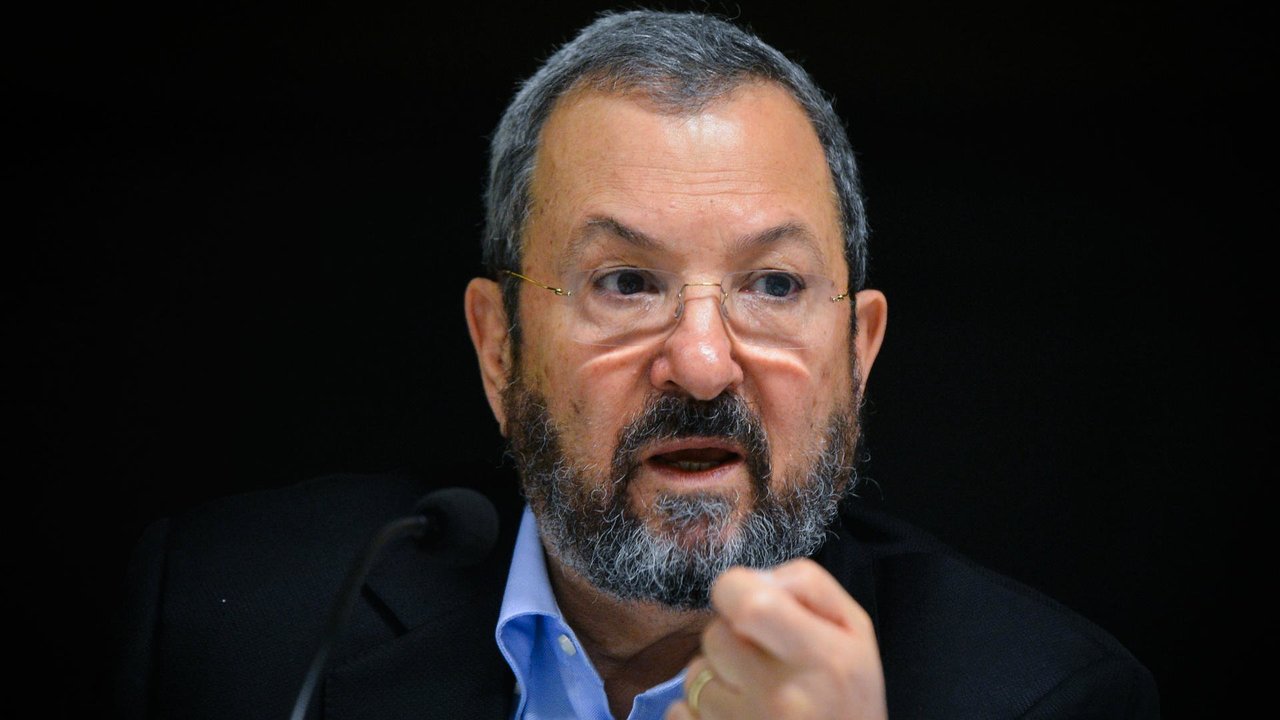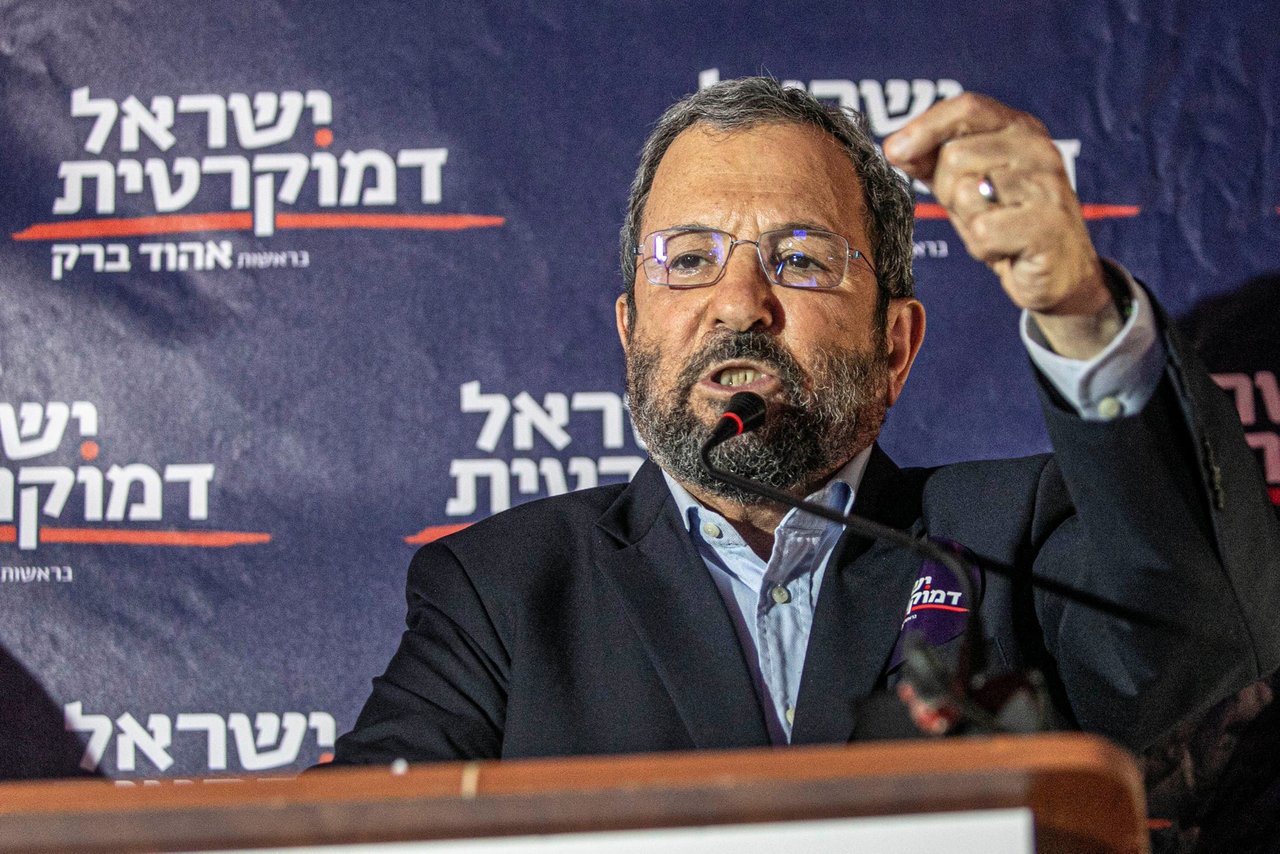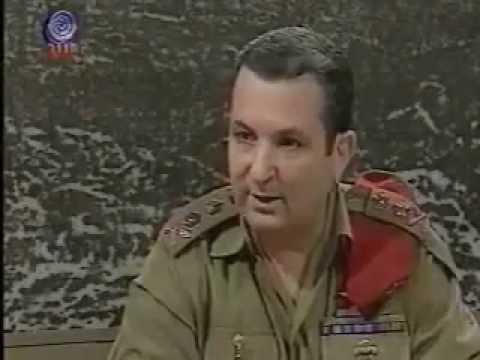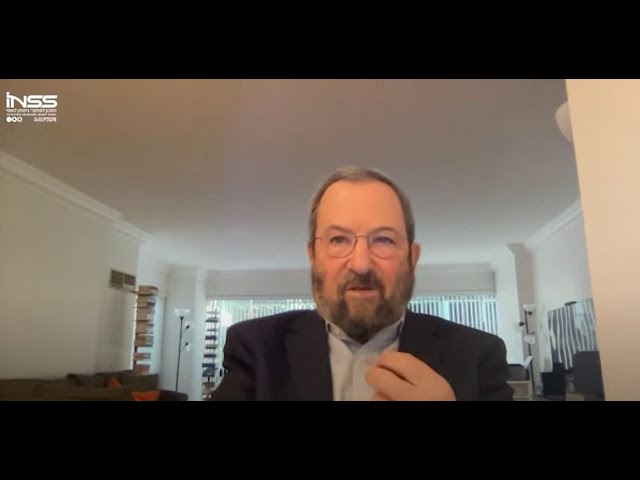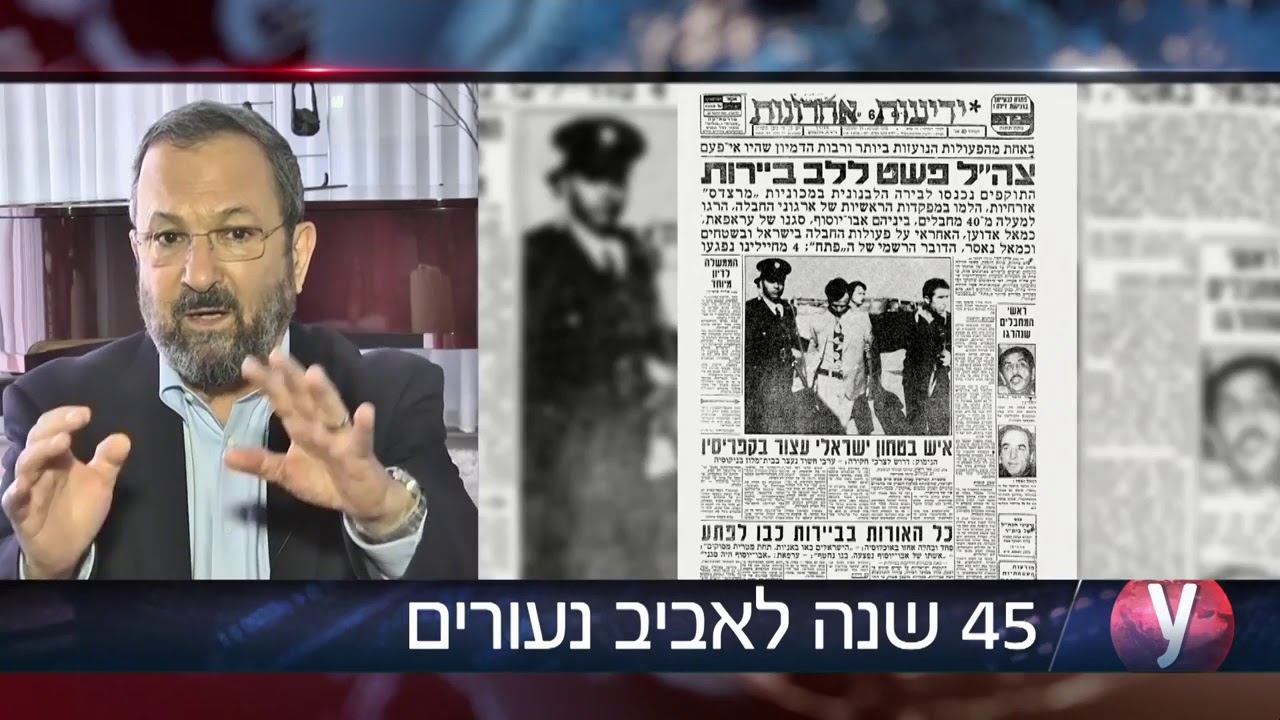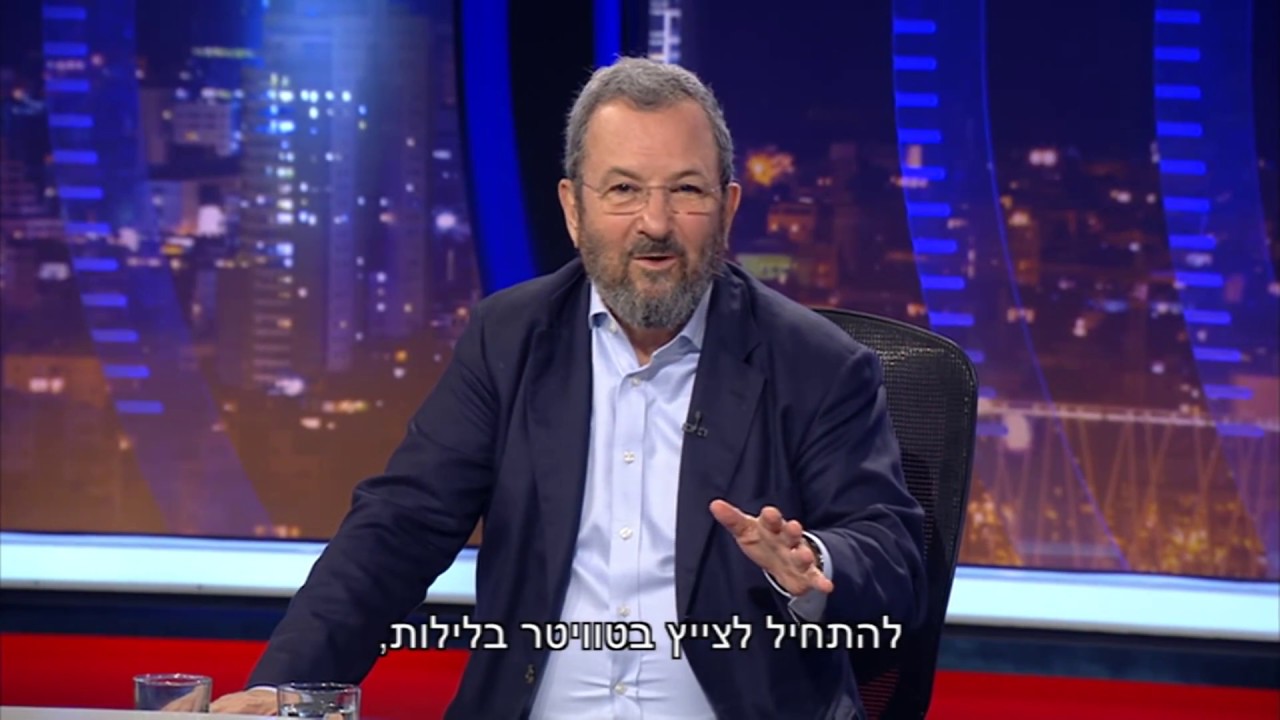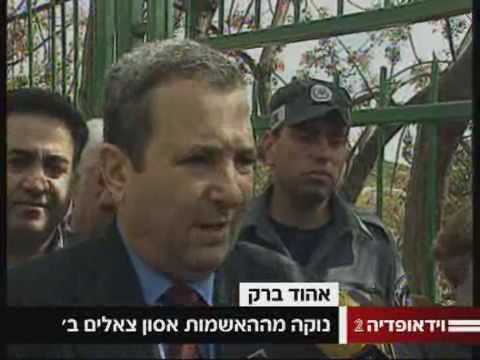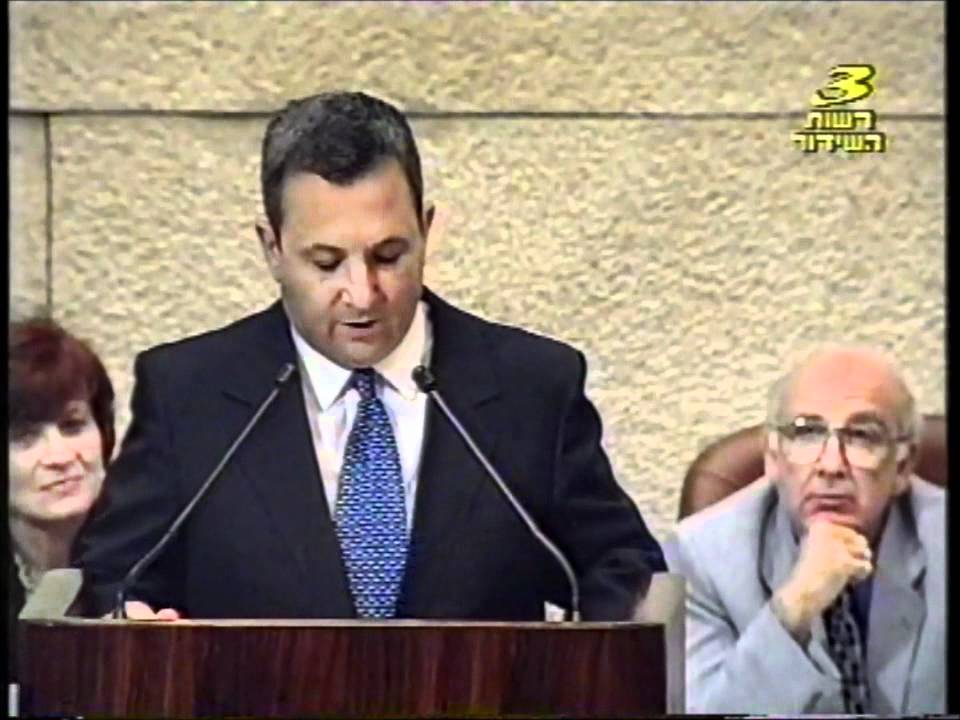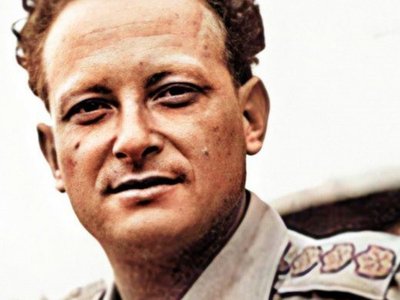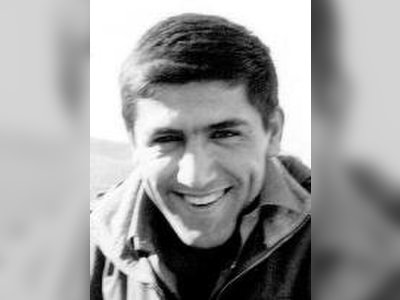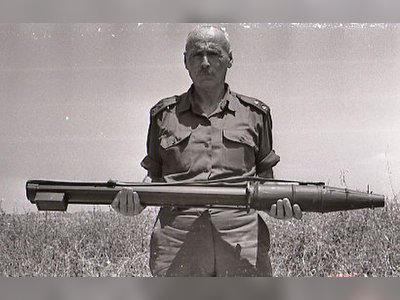Ehud Barak: Israel's Military Leader, Statesman, and Businessman
Ehud Barak, originally named Ehud Brog, was born on February 12, 1942, in Kibbutz Mishmar HaSharon, British Mandate Palestine, and is a prominent figure in Israeli history. Over the course of his career, he served as the Prime Minister of Israel, Minister of Defense, Minister of Foreign Affairs, and the 14th Chief of the General Staff of the Israel Defense Forces (IDF).
Barak was a member of both the Labor Party and the Independence Party, making a significant impact on Israeli politics and military affairs. His tenure as Prime Minister from 1999 to 2001 coincided with critical events in Israel's history.
During his time as Prime Minister, the IDF withdrew from Southern Lebanon, the Second Intifada erupted following the failure of the Camp David Summit and the Taba talks with the Palestinian Authority, and Israel engaged in peace negotiations with Syria at the Shepherdstown Conference. As Defense Minister from 2007 to 2013, Barak oversaw the Israeli Air Force's strike on Syria's nuclear reactor and led operations such as "Cast Lead," "Pillar of Defense," and "Operation Cloud Pillar."
Barak, alongside Nehemiah Cohen, was awarded the unofficial title of "The Most Decorated Soldier in the IDF."
Barak's early life was marked by tragedy. In 1912, his father's parents were killed by robbers in their home in Lithuania (then part of the Russian Empire), leaving his father an orphan at the age of two and a half. In 1930, Barak's father, Israel Brog, immigrated to British Mandate Palestine and became one of the founding members of Kibbutz Mishmar HaSharon.
Barak's mother, Esther, was born in Warsaw, Poland, to a Chabad Hasidic family and was an active member of the youth movement "Gordonia." In 1936, she immigrated to British Mandate Palestine and joined her peers in Kibbutz Mishmar HaSharon, where she met Israel Brog. They married in 1940. Tragically, Esther's parents perished in the Holocaust at the Treblinka extermination camp. Barak's younger brother, Avinoam Brog, is the owner and CEO of the Market Watch Institute, a market research organization.
At the age of 17, instead of completing his high school education, Barak was sent by the kibbutz to work on a tractor in the fields of Kibbutz P'tish in the Negev desert.
On November 8, 1959, Barak enlisted in the IDF and began his service in the IDF's elite special forces unit, Sayeret Matkal. After a few months of service, he was selected by Abraham Arnan to join the nascent Sayeret Matkal reconnaissance unit. Barak underwent rigorous training as a combatant in a team led by Yehiel Amit.
After about a year, he became the first member of Sayeret Matkal to attend an officer training course, which he completed with distinction, earning the rank of Second Lieutenant under the command of Yitzhak Rabin. Upon completing the course in mid-1962, he returned to the unit as a operations officer. In his early operations with Sayeret Matkal, Barak was responsible for planting listening devices in Syria and Egypt. He received his first Chief of Staff's Citation for leading an intelligence-gathering mission in Syria in 1962.
In 1963, he signed up for another three years of regular service and attended an officer's course, which he completed with distinction. Afterward, Barak served as the commander of a tank platoon in the 401st Armored Brigade stationed on the Sinai front during the Suez Crisis, until March 1971.
On April 1, 1971, Barak was appointed as the commander of Sayeret Matkal. As the commander of Sayeret Matkal, he led the unit during the operation to capture Sabena Flight 571 in May 1972, where he was among the commandos who stormed the plane disguised as technicians. In June 1972, he commanded an operation in which the unit captured Syrian Army officers for the purpose of intelligence gathering.
In April 1973, he played a critical role in Operation Spring of Youth, in which Palestinian terrorist leaders were assassinated in Beirut, Lebanon, while disguised as a woman. On June 1, 1973, Barak transferred command of Sayeret Matkal to Geula Zohar. Chief of the General Staff David Elazar awarded him the Medal of Distinguished Service (Hebrew: "Tzalash") for his service in Sayeret Matkal, making him one of the few soldiers to receive this prestigious decoration.
Throughout his military career, Barak received numerous awards and accolades, including the Medal of Valor ("Hamedal Ha'mofet") and the Medal of Distinguished Service, four times. The Medal of Valor was awarded to him in 1973 in recognition of his leadership during the "Hachlutz" and "Sharqik" operations in Egypt in 1963 and 1964.
His other decorations and honors remain classified. Additionally, during his tenure as Chief of the General Staff, Barak was awarded the Legion of Merit by the United States in the rank of Commander for his contribution to the military effort and the success of the Gulf War.
In August 1973, Barak traveled to Stanford University in the United States with his family. Before leaving, he officially changed his family name from "Brog" to "Barak." Two months later, upon the outbreak of the Yom Kippur War, he returned to Israel and commanded an ad hoc unit called the 100th Armored Brigade (Gdud 100), which was hastily assembled upon his arrival in Israel.
This brigade was tasked with smaller-scale operations, including the rescue of soldiers and wounded from the 890th Paratroopers Brigade in the Chinese Farm area. In 1974, Barak was promoted to the rank of Major General and appointed as the commander of the 401st Armored Brigade, based in the Sinai Peninsula. Later, he completed a course for armored brigade commanders with distinction.
In 1975, Barak was appointed as the head of the Research Branch in the IDF's Intelligence Directorate. In 1977, he left this position and returned to Stanford University, where he completed a master's degree in engineering-economic systems two years later. Upon his return to Israel in 1979, Barak was promoted to the rank of Brigadier General (Tat Aluf) and appointed as the commander of the Golani Brigade. He subsequently served as the commander of the Sinai Division. Concurrently, he also served as the commander of the commanders' course.
On December 1, 1981, Barak was promoted to the rank of Major General (Aluf) and appointed as the Head of the Planning Directorate in the IDF. In this role, he drafted a document in 1982 recommending an option for a preemptive war in Lebanon beyond the borders of Operation Litani to establish a better regional reality. While serving as the head of the Planning Directorate, Barak simultaneously served as the deputy commander of the Northern Command, under the command of Avigdor Ben-Gal, and took part in formulating the "Ben-Gal Plan" for the defense of northern Israel in the event of war.
On April 1, 1983, Barak assumed command of the IDF's Central Command, serving until 1985, when he was appointed as Deputy Chief of the General Staff. In this capacity, he was instrumental in promoting the IDF's first chief scientist, as well as in integrating computerization and information systems into the IDF's armament. During his tenure as Deputy Chief of the General Staff, the 1987–1991 First Intifada broke out, and the IDF adopted the "force, power, and blows" policy, which emphasized a more aggressive approach to suppressing the uprising.
On April 1, 1986, Barak was promoted to the rank of Lieutenant General (Rav Aluf) and assumed command of the IDF's Southern Command. In this role, he dealt with the Palestinian uprising and, at the same time, prepared the Southern Command for the possibility of a war with neighboring Arab states. On July 1, 1987, he assumed the position of Deputy Chief of the General Staff under the command of Chief of the General Staff Dan Shomron.
During this period, the "Knitted Skullcap Letter" scandal unfolded, in which officers from Barak's Military Intelligence Directorate and the office of Chief of the General Staff conspired to obstruct the appointment of a secular Jew to the position of Deputy Director of Military Intelligence. The affair led to the forced resignation of Shomron and his replacement by Ehud Barak as the 14th Chief of the General Staff of the IDF on April 1, 1991.
In February 1992, during Barak's tenure as Chief of the General Staff, the "Hebron shooting incident" took place, in which Border Police soldiers killed 29 Palestinian worshippers at the Cave of the Patriarchs in Hebron. The incident led to a wave of Palestinian riots, and the IDF implemented a curfew in the West Bank and Gaza Strip.
In September 1993, while still serving as Chief of the General Staff, Barak became involved in the establishment of the Oslo Accords, a peace agreement between Israel and the Palestine Liberation Organization (PLO) signed in Washington, D.C. on September 13, 1993. The agreement was negotiated in secret and was based on the principles outlined in a document known as the "Oslo Channel."
In 1995, Barak retired from the IDF, ending his military career as one of Israel's most decorated soldiers. He transitioned into politics and joined the Labor Party. In May 1999, he was elected as the Prime Minister of Israel, succeeding Benjamin Netanyahu. His tenure as Prime Minister was marked by several significant events, including the withdrawal of Israeli forces from Southern Lebanon in May 2000 and the start of the Second Intifada later that year.
Barak served as Prime Minister until March 2001 when he was succeeded by Ariel Sharon. After his political career, Barak returned to the private sector, working in various business ventures and serving on corporate boards. He made a political comeback in 2007 when he was appointed as the Minister of Defense in the government of Prime Minister Ehud Olmert. He continued to hold the position of Minister of Defense in various governments until 2013.
Ehud Barak's political career was characterized by his involvement in peace negotiations and security matters, and he remains an influential figure in Israeli politics and public life.
- אהוד ברקhe.wikipedia.org
